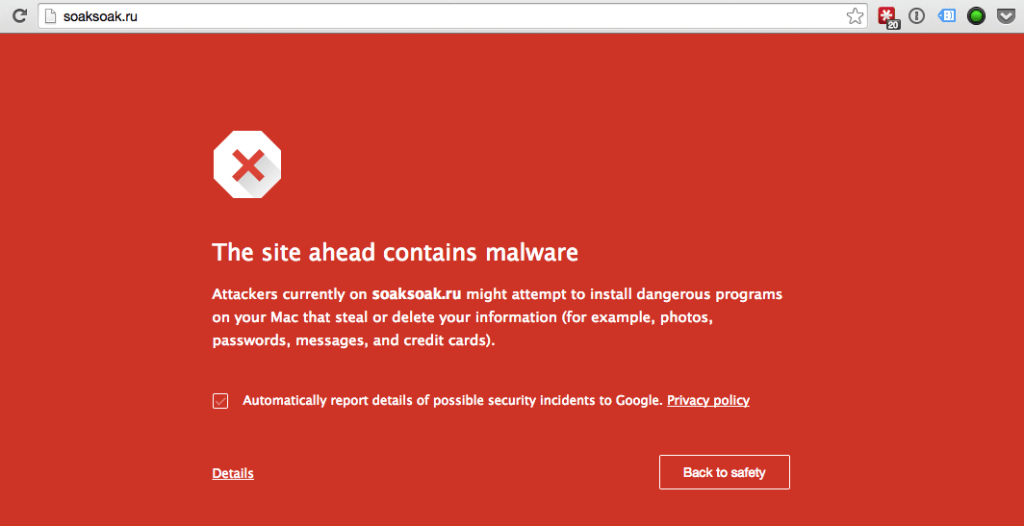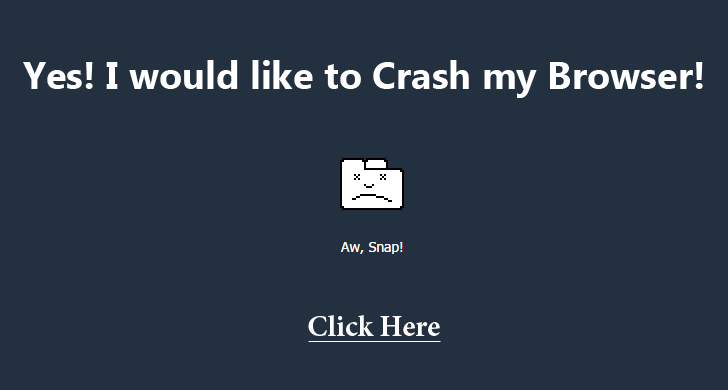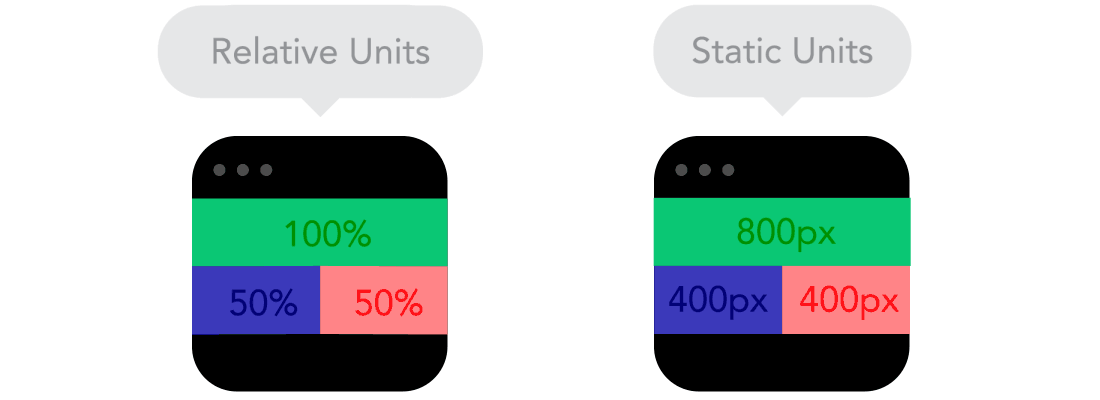The users of WordPress, a free and open source blogging tool as well as content management system (CMS), are being informed of a widespread malware attack campaign that has already compromised more than 100,000 websites worldwide and still counting.
The news broke throughout the WordPress community earlier Sunday morning when Google blacklisted over 11,000 domains due to the latest malware campaign, that has been brought by SoakSoak.ru, thus being dubbed the ‘SoakSoak Malware’ epidemic.
While there are more than 70 million websites on the Internet currently running WordPress, so this malware campaign could be a great threat to those running their websites on WordPress.
Once infected, you may experience irregular website behavior including unexpected redirects to SoakSoak.ru web pages. You may also end up downloading malicious files onto your computer systems automatically without any knowledge.
The search engine giant has already been on top of this infection and has added over 11,000 websites to their blacklist that could have seriously affected the revenue potential of website owners, running those blacklisted websites.
The security team at the security firm Sucuri, which is actively investigating the potential vector of the malware, said that the infections are not targeted only at WordPress websites, but it appears that the impact seems to be affecting most hosts across the WordPress hosting spectrum.
SoakSoak malware modifies the file located at wp-includes/template-loader.php which causes wp-includes/js/swobject.js to be loaded on every page view on the website and this “swobject.js” file includes a malicious java encoded script malware.
If you run any website and are worried about the potential risk of the infection to your website, Sucuri has provided a Free SiteCheck scanner that will check your website for the malware. The exact method of intrusion has not been pointed out at this time, but numerous signals led to believe us all that many WordPress users could have fallen victim to this attack.
However, if you are behind the Website Firewall, CloudProxy, you are being protected from the SoakSoak malware campaign.
via thehackernews.com



